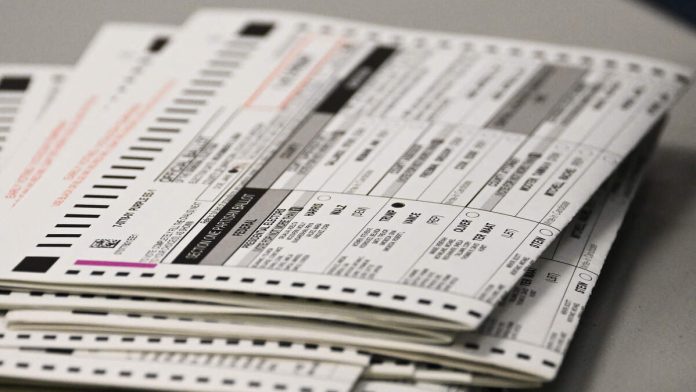A recent survey by the UC Berkeley Institute of Governmental Studies reveals that a significant majority of California voters support expanding access to translated ballots for residents with limited English proficiency. Conducted in five languages—English, Spanish, Chinese, Korean, and Vietnamese—the poll highlights the diverse linguistic landscape of California, where over a quarter of residents are foreign-born.
According to the Los Angeles Times, about 70% of registered voters in California agree that eligible voters who speak limited English should receive ballots in their preferred language. Support spans across various demographics, including age, race, and political affiliation, with Democrats and independent voters showing strong backing. However, Republicans are more divided on the issue.
The survey found that more than 3 million registered voters in California identify as limited-English proficient. Under current state and federal laws, California is required to provide bilingual voting assistance in specific languages, but the survey indicates a desire for broader language support.
Political scientist Eric Schickler, co-director of the Institute of Governmental Studies, emphasized the importance of inclusivity in democracy, especially in a state as diverse as California. Despite strong public support, legislative efforts to expand language access, such as SB 266 and AB 884, have faced challenges, including cost concerns cited by Governor Gavin Newsom.
The California Secretary of State’s office outlines current language requirements under the Voting Rights Act and state Elections Code, which mandate translated election materials in areas with significant language minority populations. The survey indicates that providing translated ballots could increase voter turnout, as 87% of limited-English speakers expressed they would be more likely to vote if they received ballots in their preferred language.

Recent Comments